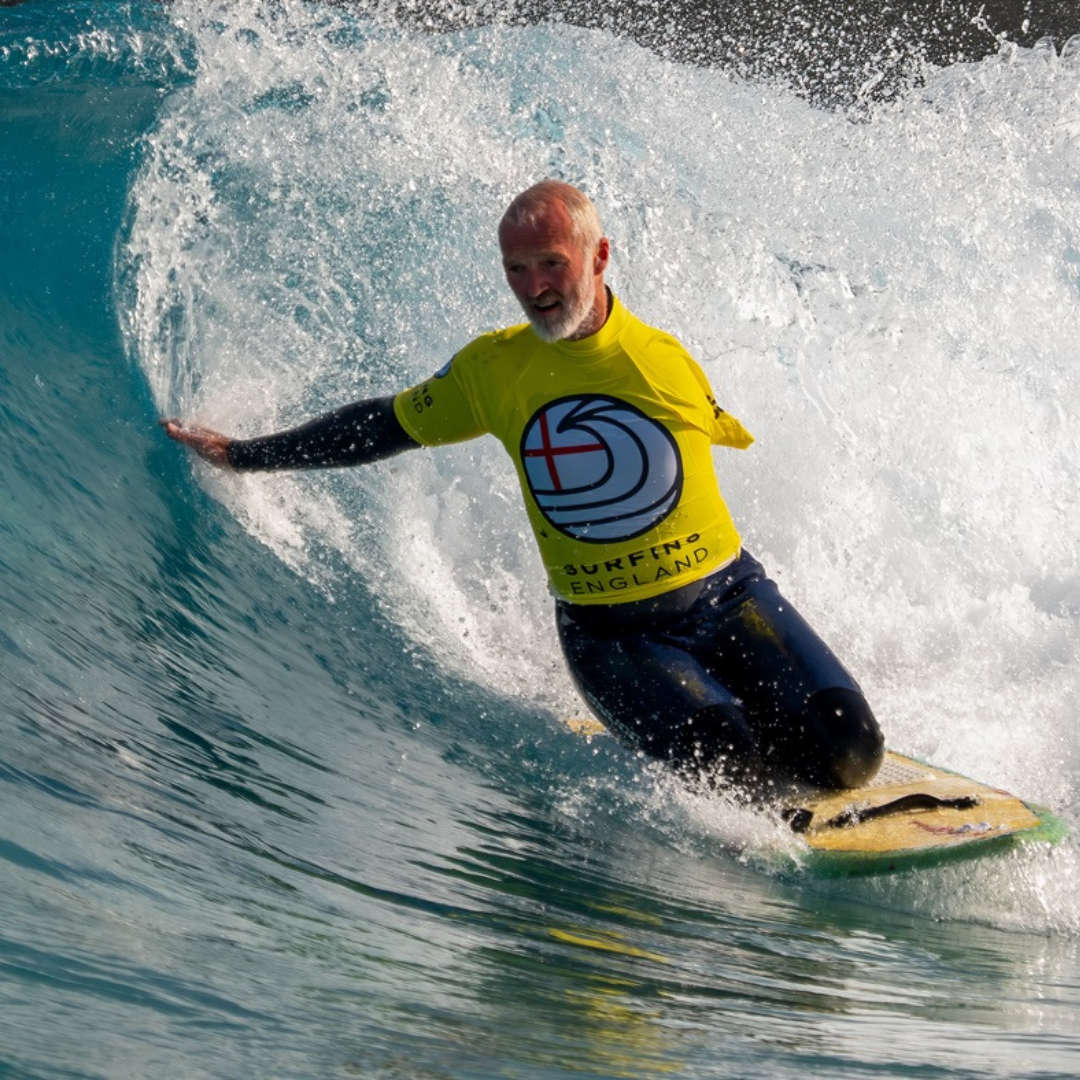
A cancer charity has warned that patients in Cornwall with a rare form of cancer could be forced to travel hundreds of miles for specialist treatment.
Sarcoma UK says part of the Peninsula Soft Tissue Sarcoma Service, based at the Royal Cornwall Hospital in Truro, may stop taking new patients at the end of October and could close by January 2026.
The charity fears that if this happens, people diagnosed with sarcoma may have to travel long distances outside the region for their care, as other hospitals in the service do not have capacity to take on extra patients from Cornwall.
But the Royal Cornwall Hospital says conversations with colleagues in Devon are underway, although no decision has yet been made, and the majority of patients will continue to receive most, or all, of their care in Cornwall, regardless of any change they may need to make.
Sarcomas are rare cancers that can develop in the bone or soft tissue, such as muscle or fat, and can be difficult to diagnose and treat. NHS England commissions 15 specialist sarcoma centres across the country to ensure patients receive expert diagnosis and treatment. The Peninsula Soft Tissue Sarcoma Service is one of these centres and is jointly run by the Royal Cornwall Hospitals NHS Trust, University Hospitals Plymouth NHS Trust, and the Royal Devon University Healthcare NHS Foundation Trust.
Sarcoma UK said if care in Truro ends without a clear plan for Cornwall patients, many could face “devastating” travel distances to access life-saving care. The charity has raised the issue with St Ives MP Andrew George, who sits on the House of Commons Health and Social Care Committee.
Mr George said: “This is completely unacceptable. Unless ministers step in to stop this, they’ll be condoning the treatment of Cornish patients as second-class citizens. People with sarcoma already face unimaginable distress, without having to also worry whether they can routinely travel hundreds of miles for essential life-saving treatment. I’ve asked Health Ministers to step in.”
Stephen Downes, 50, from Newquay, was diagnosed with myxofibrosarcoma, a type of soft tissue sarcoma, in 2022.
He said: “As someone diagnosed with a myxofibrosarcoma while living in Cornwall, which resulted in the extended full fore quarter amputation of my left arm, I’ve experienced first-hand how vital a fast diagnosis and treatment plan are. Removing localised care, as is being proposed, would be a devastating blow for those diagnosed with sarcoma. Travelling hundreds of miles for scans, surgery, treatments or consultations isn’t just exhausting, it’s financially and emotionally draining. Patients are facing long journeys and higher costs at a time when they’re already vulnerable, and families shoulder much of that burden. Sarcoma doesn’t wait, and neither should our access to timely, equitable care.”
A Royal Cornwall Hospitals spokesperson said:
“Whilst we are in discussion with colleagues in Devon to consider how we best provide specialist care for the small number of people with the most complex treatment needs for sarcoma, no decision has yet been made. The majority of patients will continue to receive most, or all, of their care in Cornwall, regardless of any change we may need to make.
“Due to a national shortage of oncologists with the highly specialist expertise required, clinicians across the Royal Cornwall Hospitals, University Hospital Plymouth and Royal Devon University Hospitals already work closely in the management of patients with rare sarcoma.
“We have every intention of engaging with patient representatives, such as Sarcoma UK, to work through what any proposed change might mean to patients, if a small part of their care has to be provided outside of Cornwall to ensure they get the best care and best outcomes.”
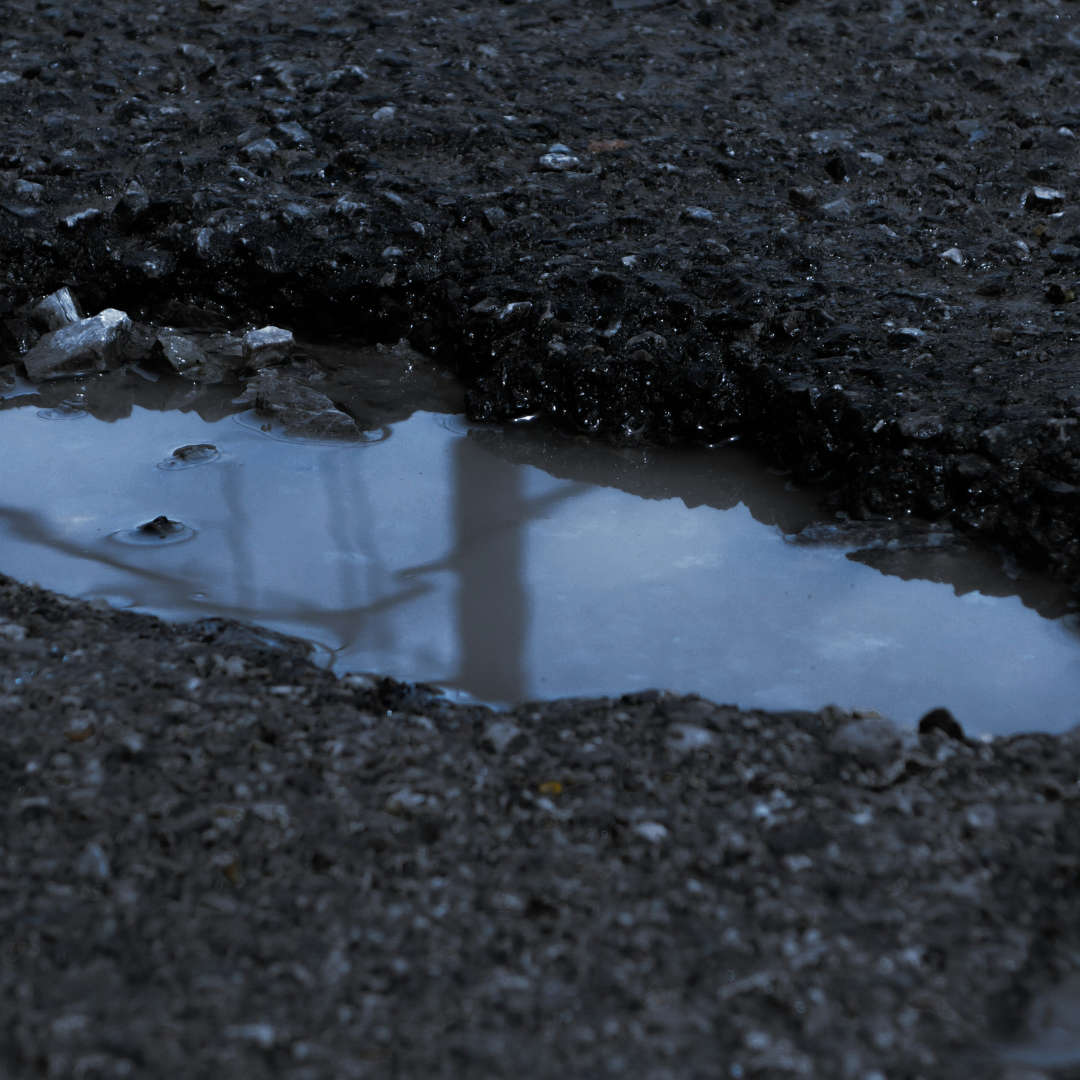 Cornwall Council repairing hundreds of potholes a day amid surge in reports
Cornwall Council repairing hundreds of potholes a day amid surge in reports
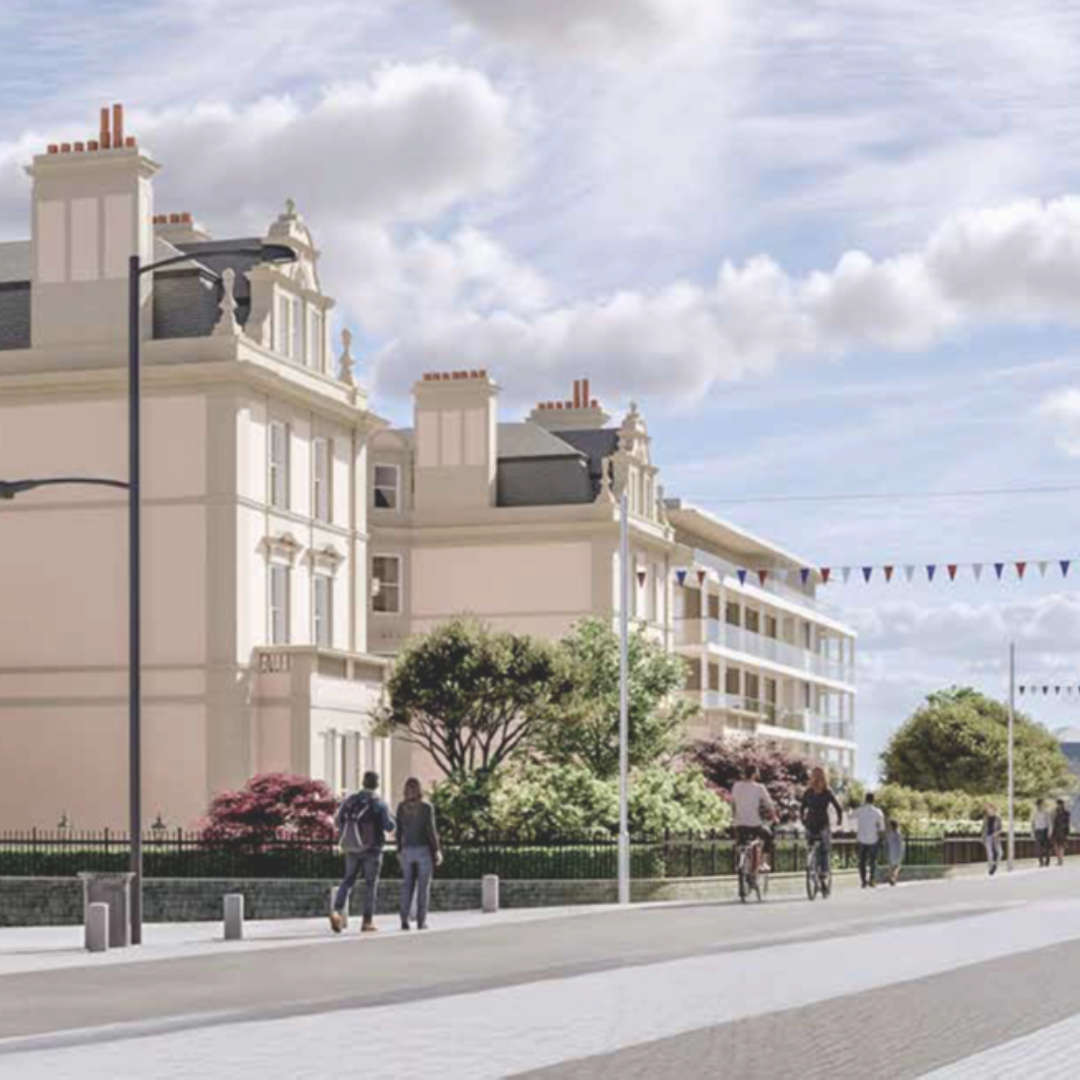 Newquay councillors raise no objections to Hotel Victoria redevelopment plans
Newquay councillors raise no objections to Hotel Victoria redevelopment plans
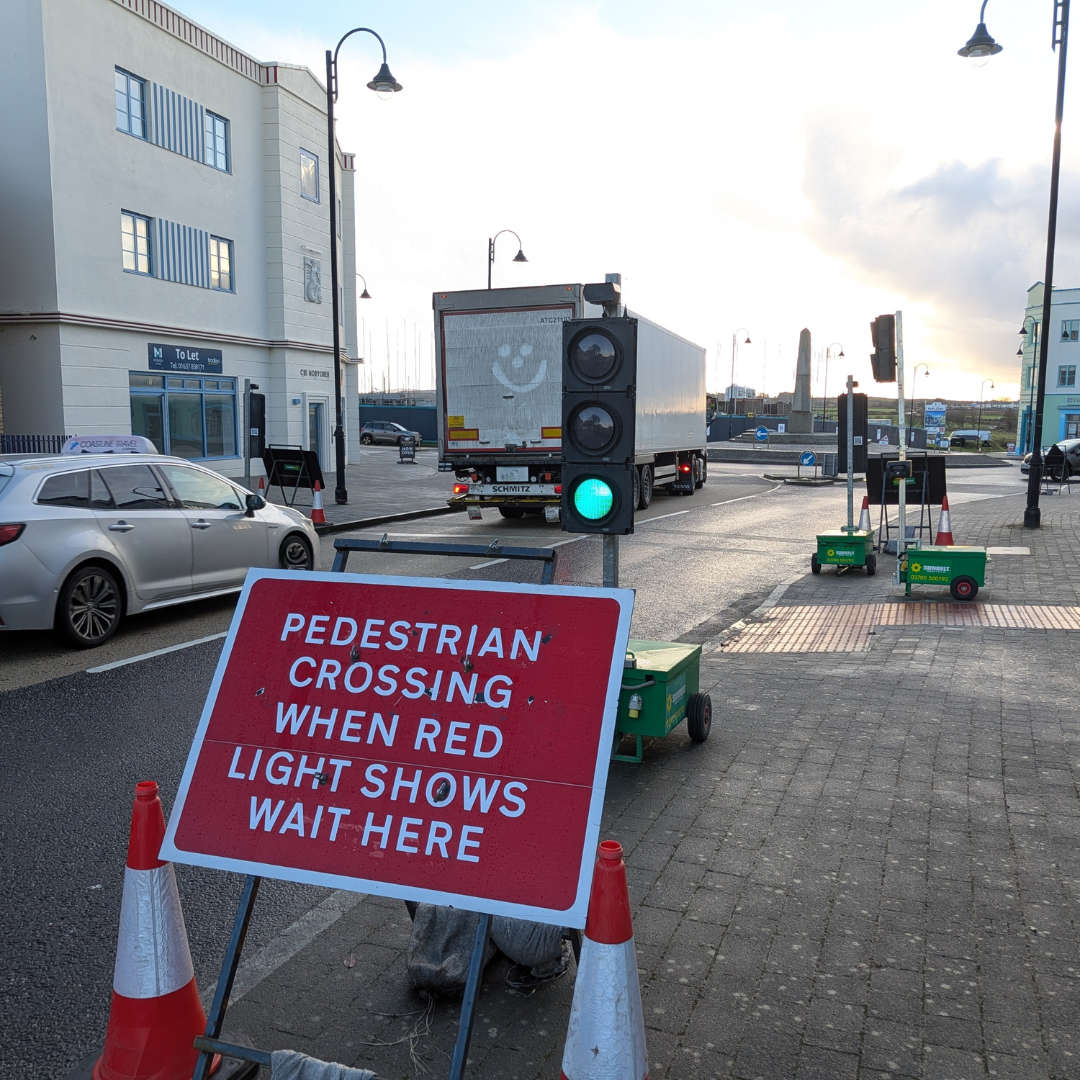 Residents views sought on plans for pedestrian crossings in Nansledan
Residents views sought on plans for pedestrian crossings in Nansledan
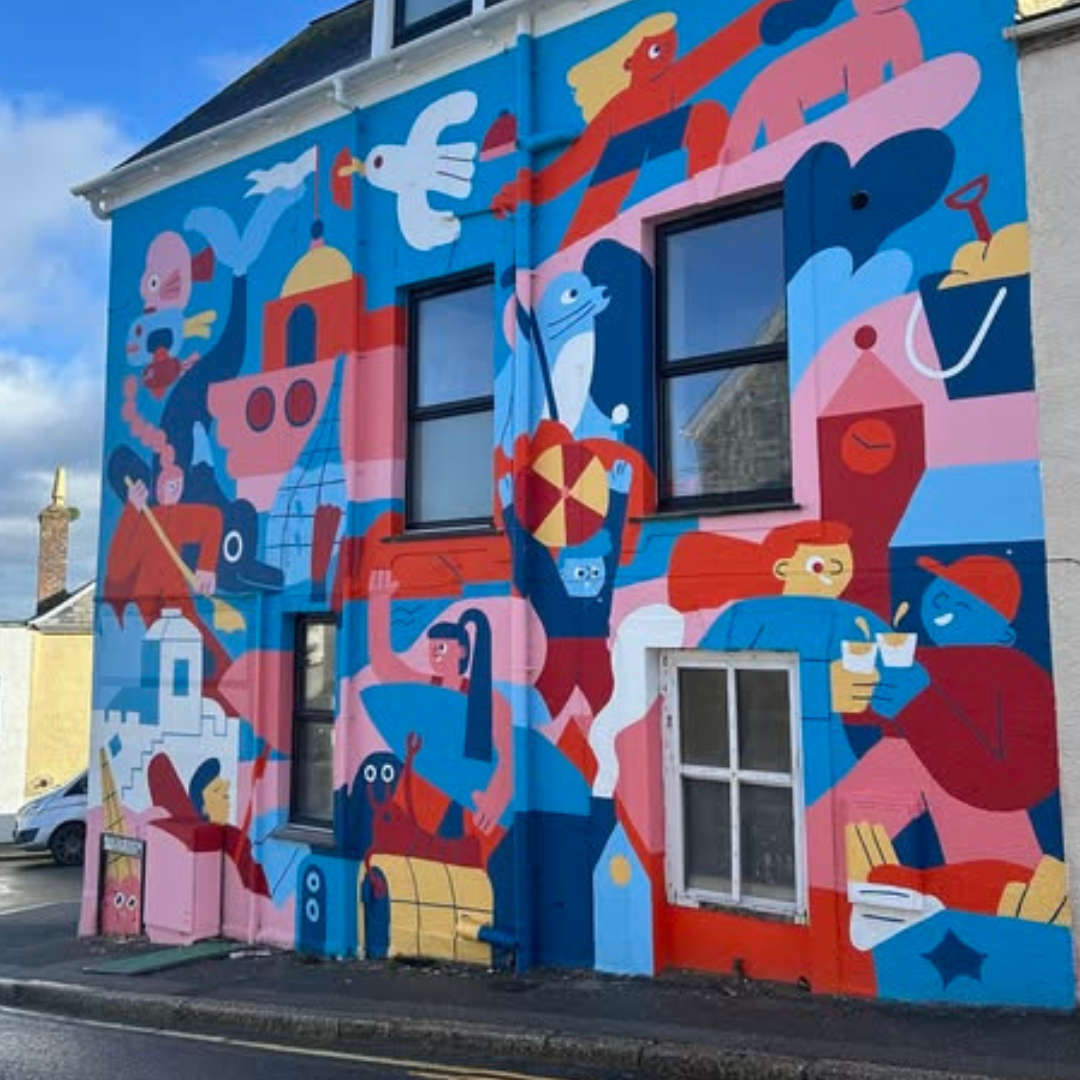 New murals and town improvements planned after funding award
New murals and town improvements planned after funding award
 Lappa Valley scoops four top honours at Cornwall family awards
Lappa Valley scoops four top honours at Cornwall family awards
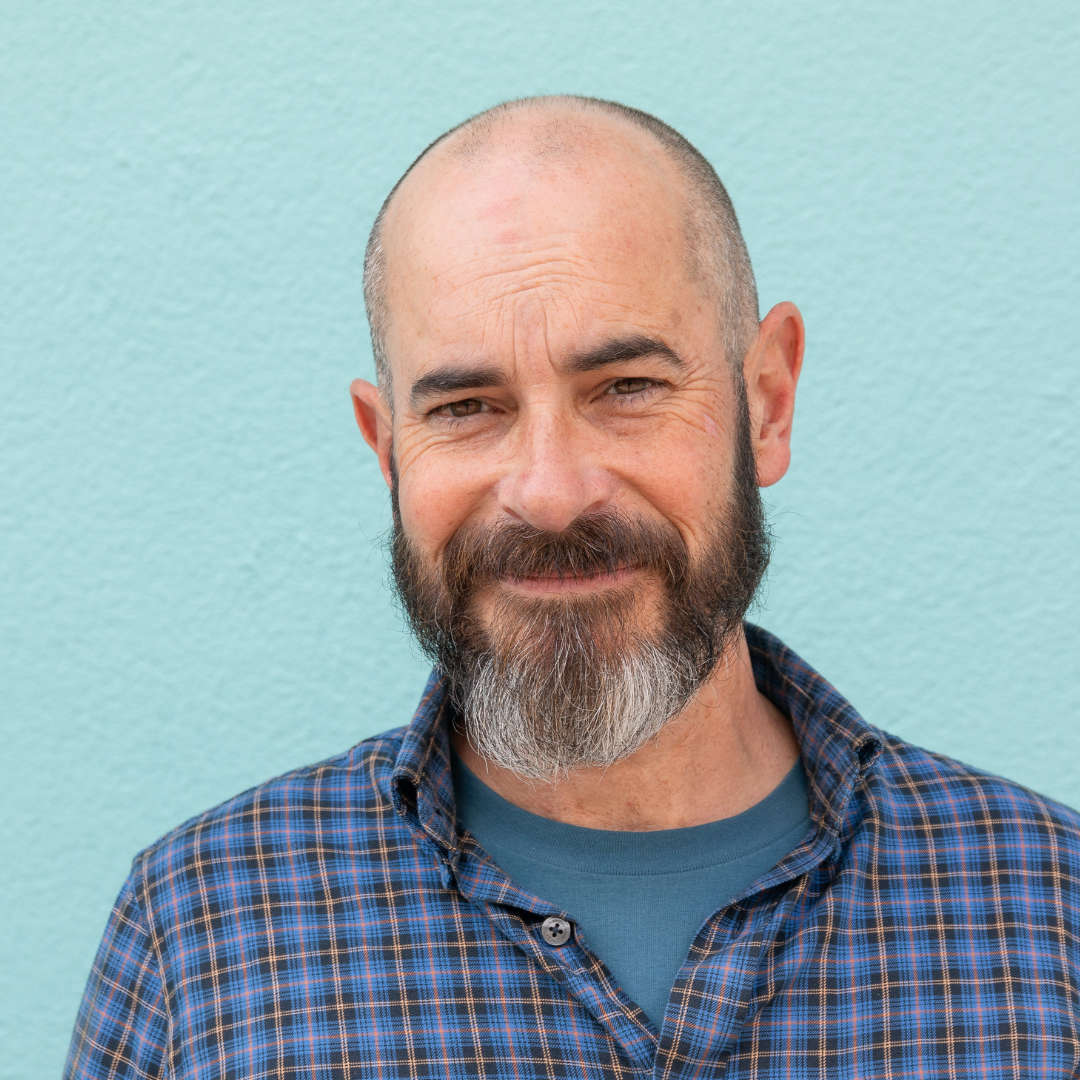 Newquay business leader warns Chancellor of “unsustainable pressure” on high streets
Newquay business leader warns Chancellor of “unsustainable pressure” on high streets
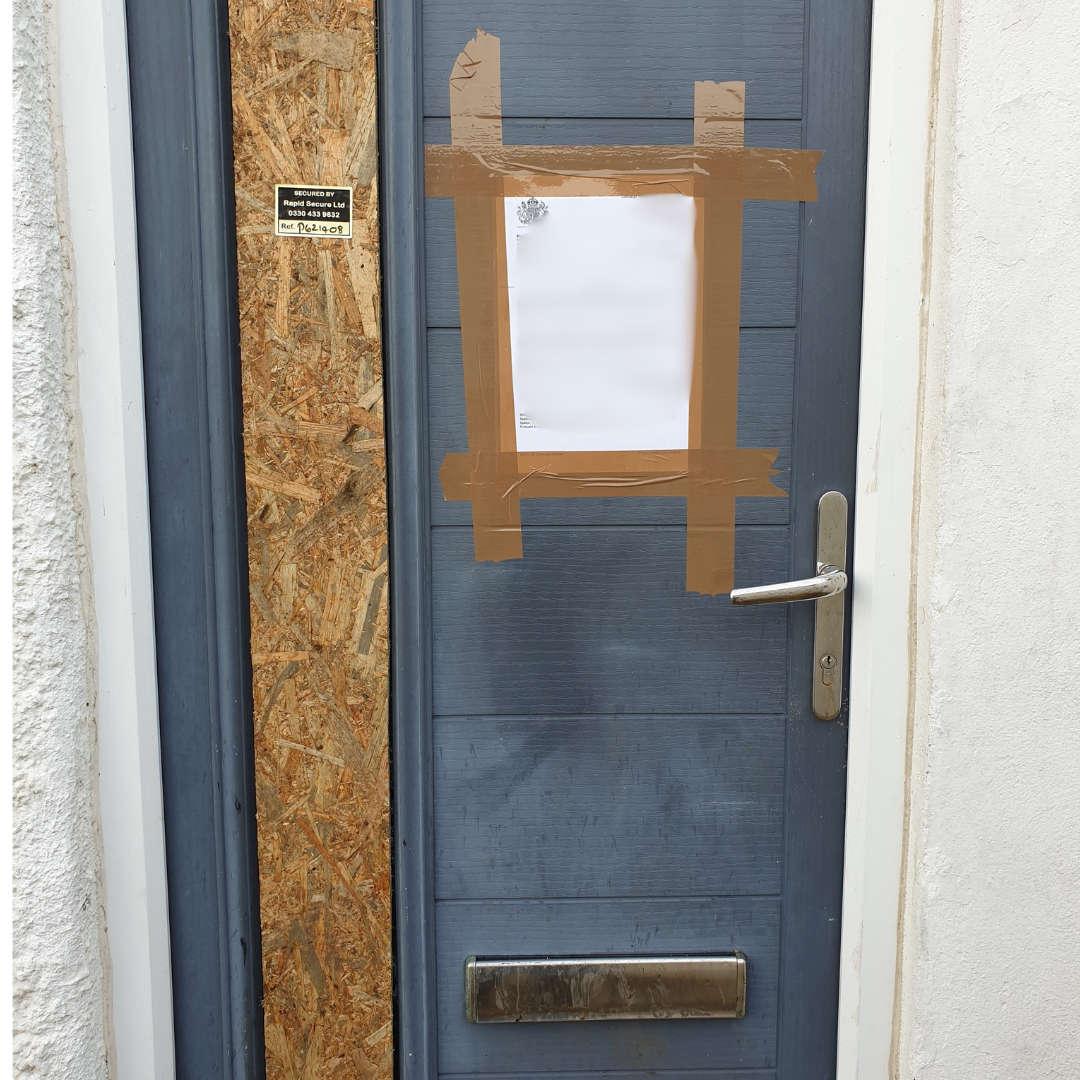 Tenant removed as Newquay property hit with second court order
Tenant removed as Newquay property hit with second court order
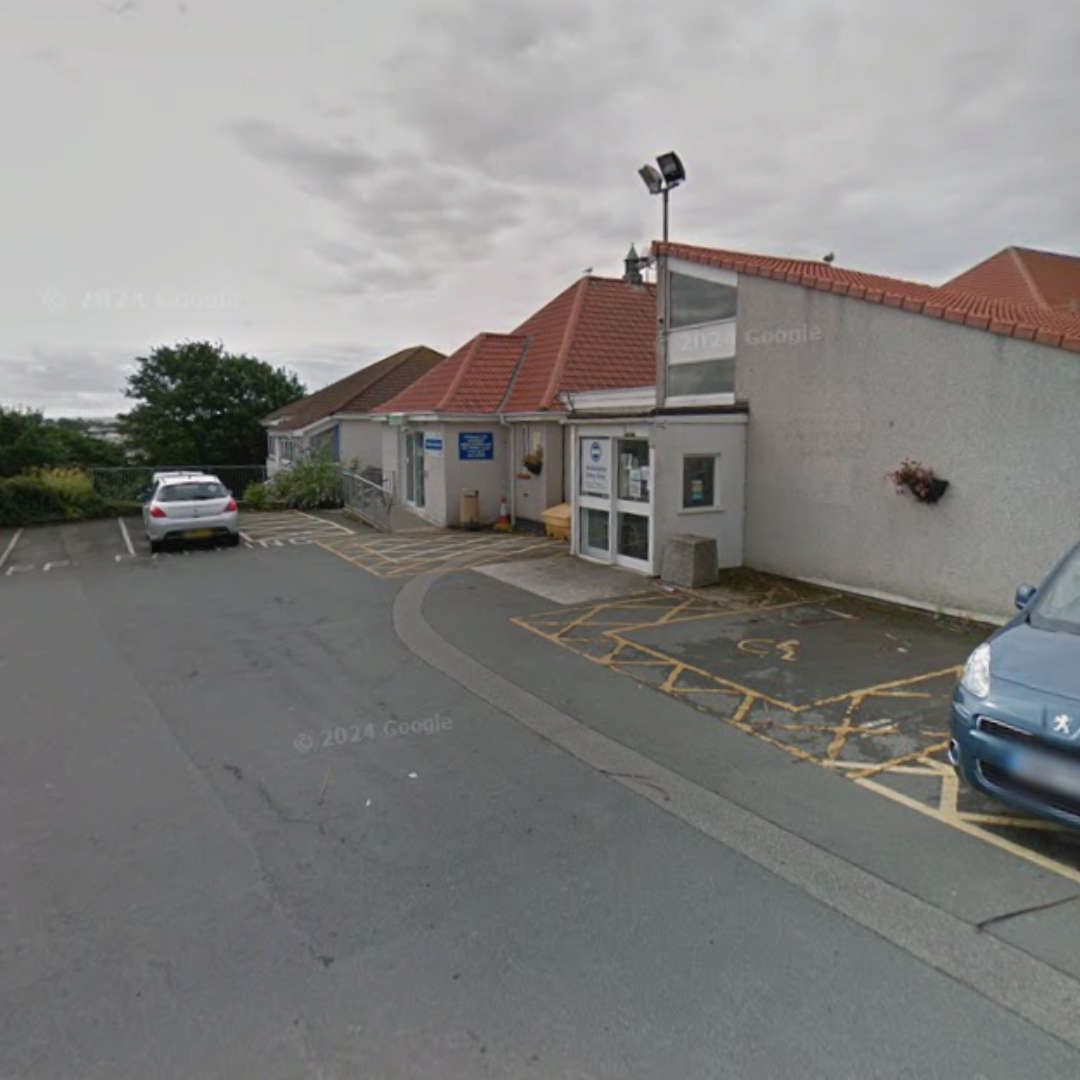 Newquay Minor Injuries Unit to return to longer opening hours
Newquay Minor Injuries Unit to return to longer opening hours
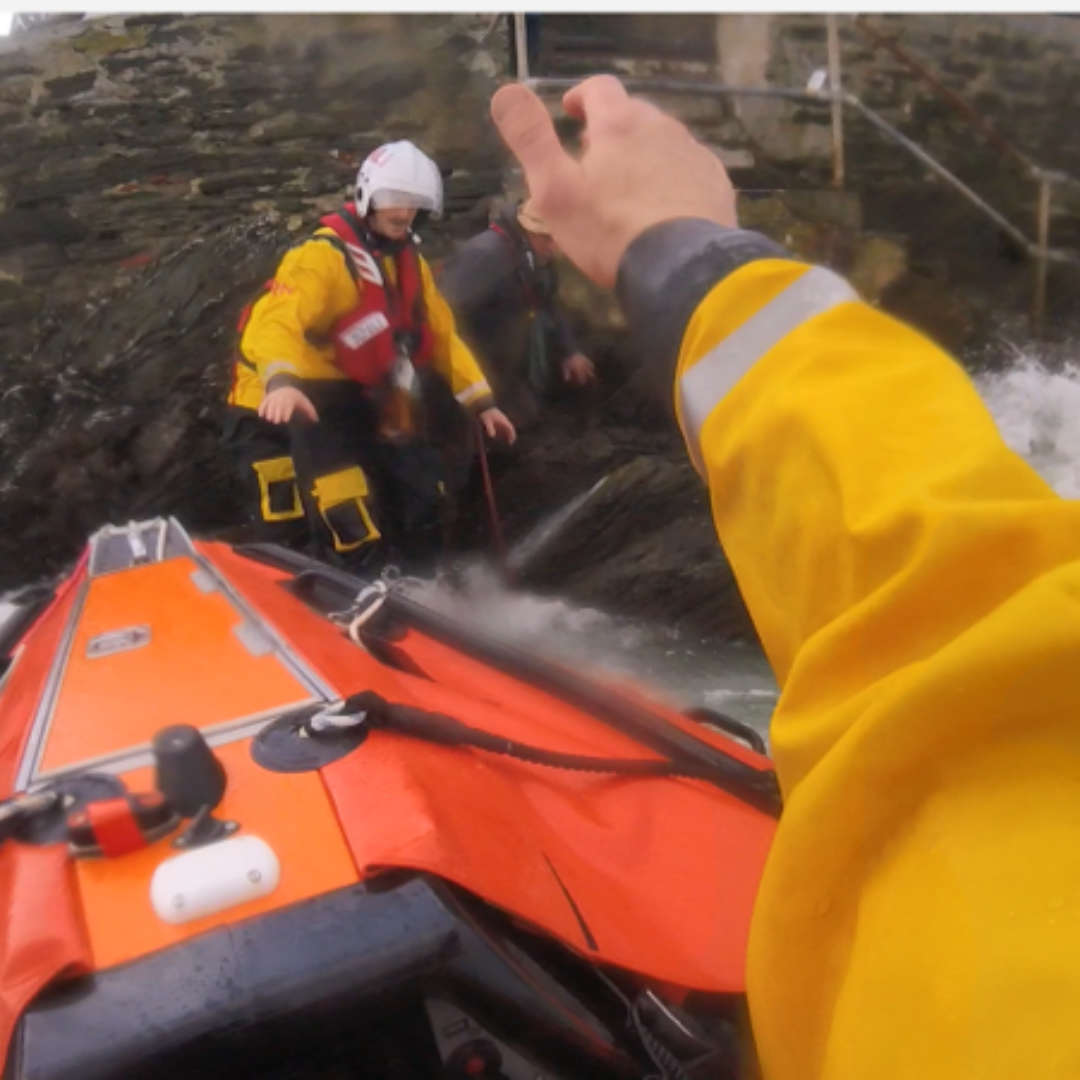 RNLI releases images of Newquay landslide rescue in challenging sea conditions
RNLI releases images of Newquay landslide rescue in challenging sea conditions
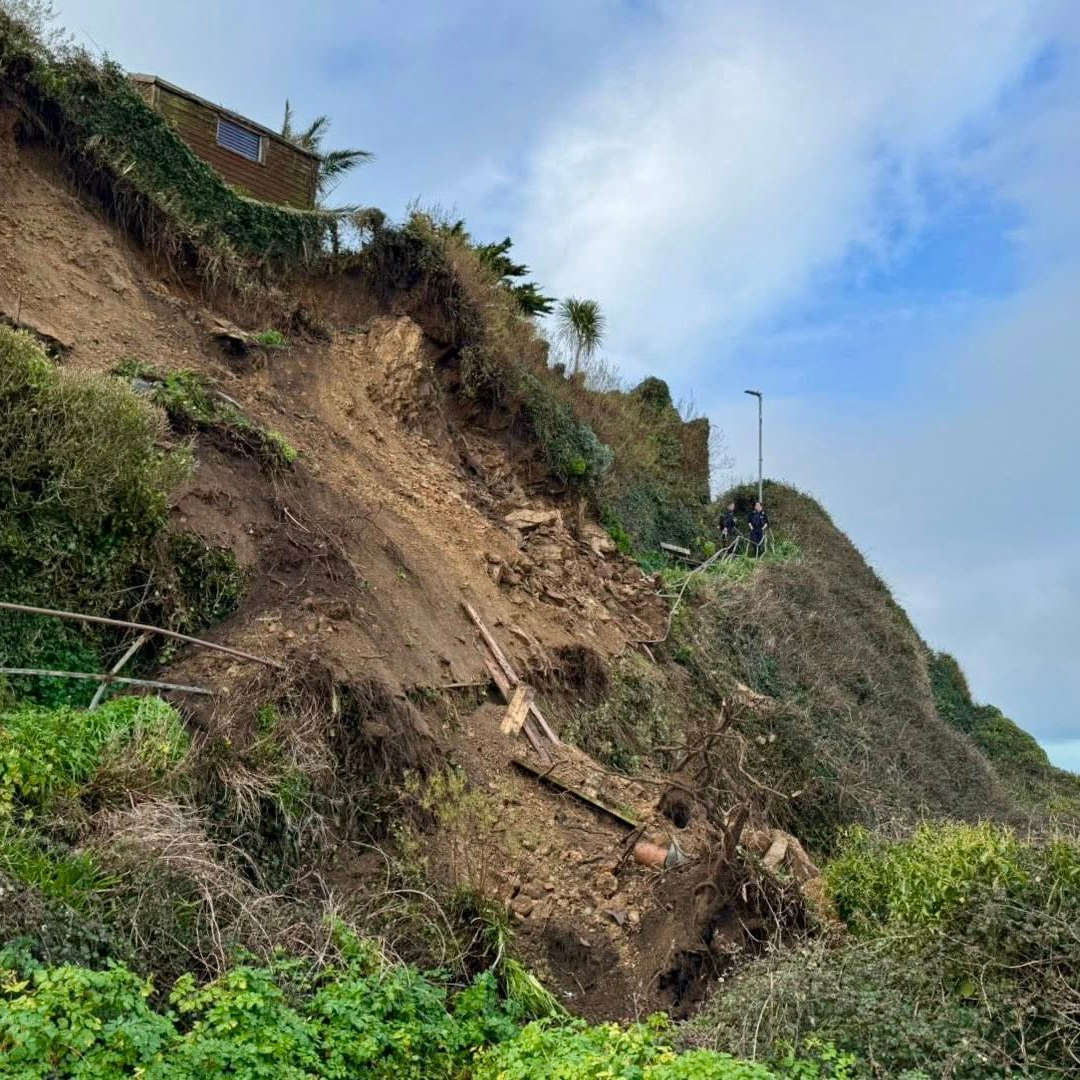 Five people rescued after cliff fall
Five people rescued after cliff fall
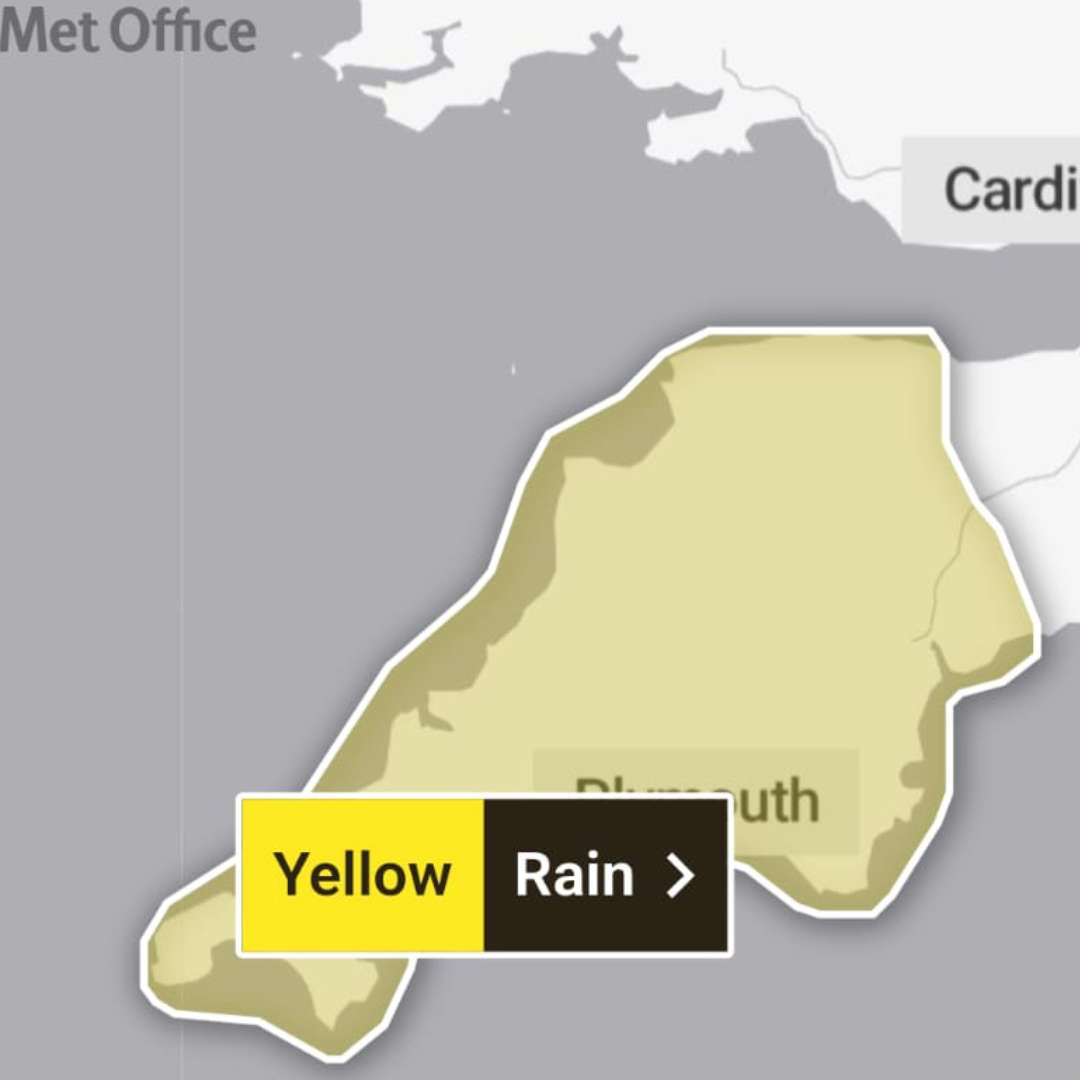 New yellow warning for heavy rain as Newquay rail line to remain closed
New yellow warning for heavy rain as Newquay rail line to remain closed
 Work to install surf heritage statue begins
Work to install surf heritage statue begins
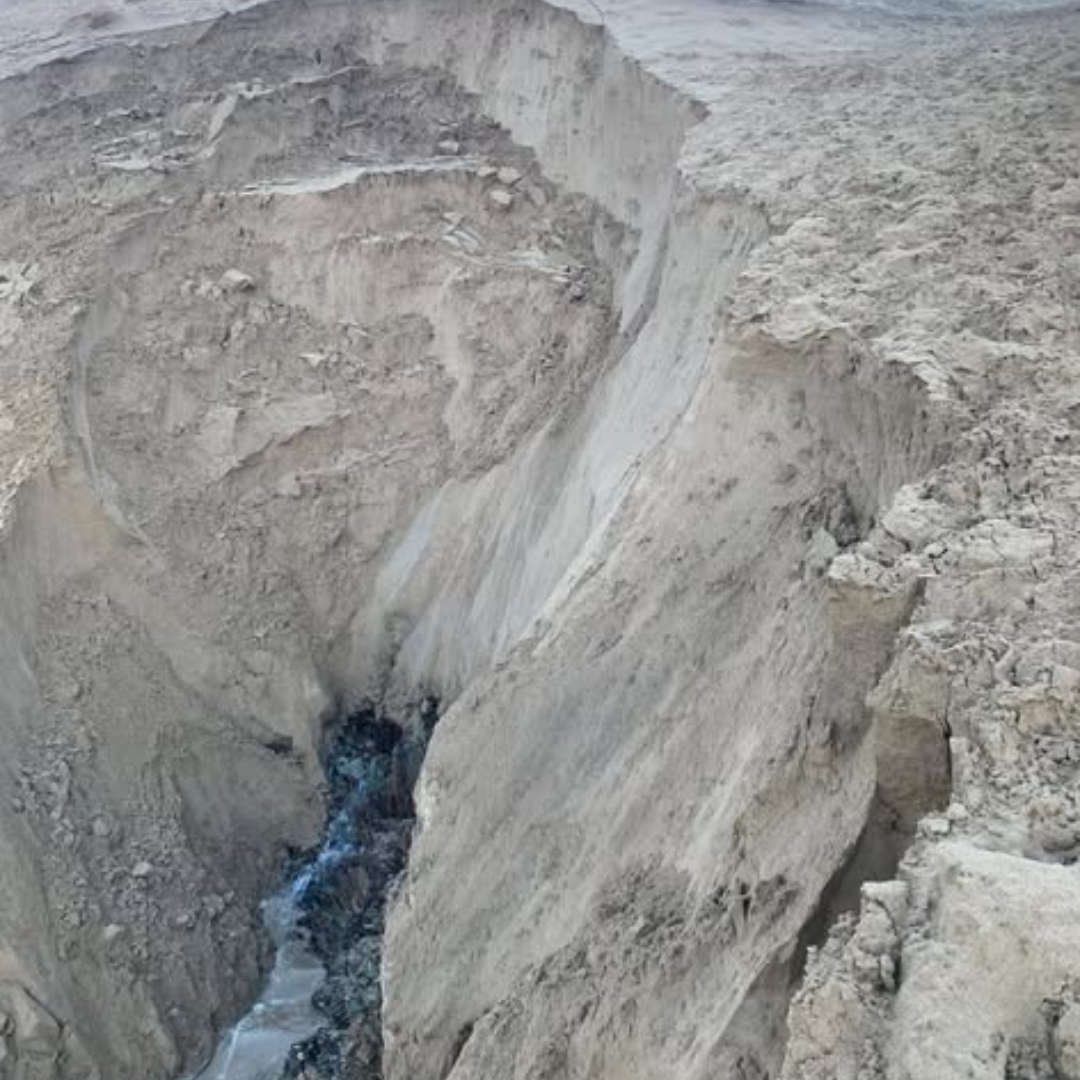 Beachgoers warned to avoid unstable sand dunes at Crantock
Beachgoers warned to avoid unstable sand dunes at Crantock
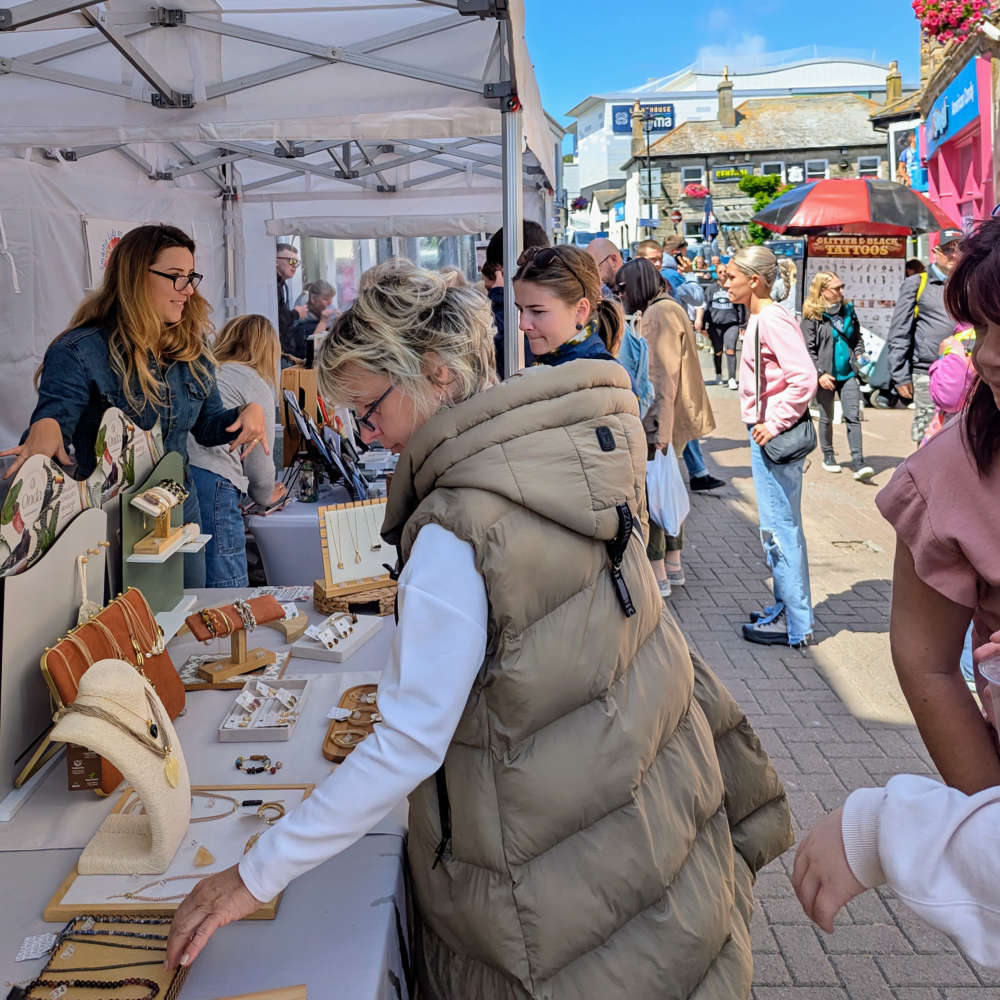 Newquay's bid to become the UK Town of Culture in 2028
Newquay's bid to become the UK Town of Culture in 2028
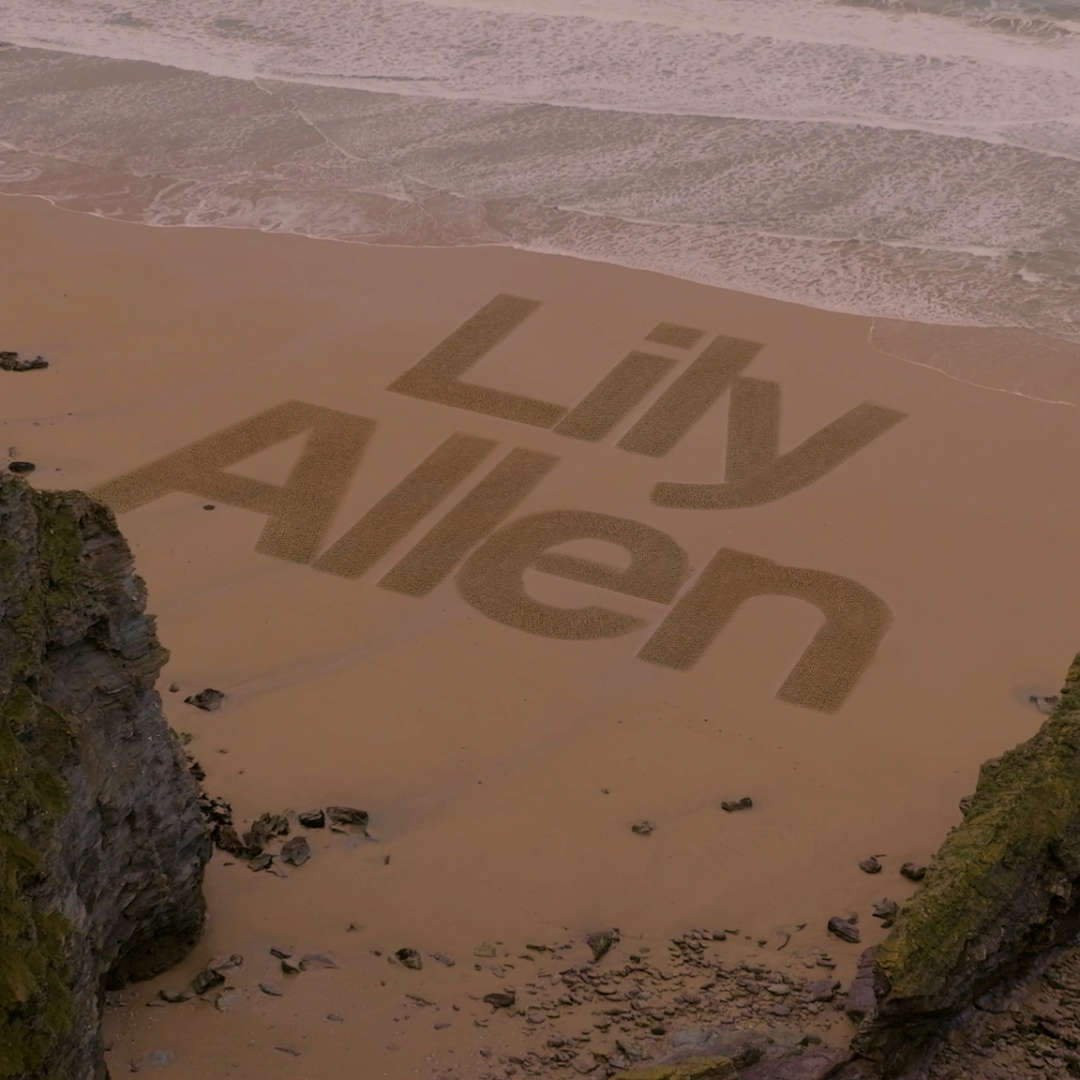 Sand art reveals final big name for Boardmasters
Sand art reveals final big name for Boardmasters
 Newquay Carnival boosted by £500 community grant
Newquay Carnival boosted by £500 community grant
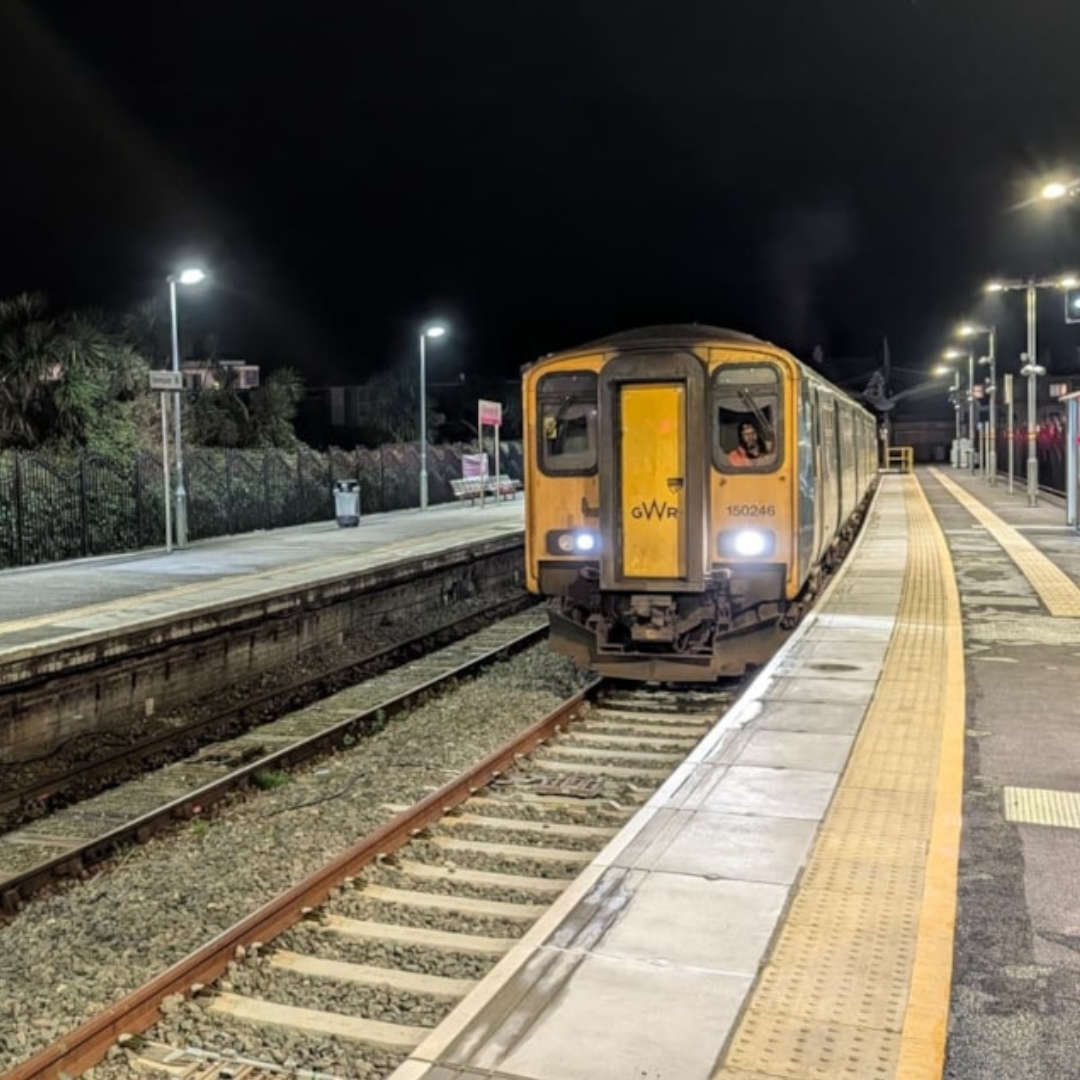 Newquay MP calls on government to "future-proof" the rail network after storm disruption
Newquay MP calls on government to "future-proof" the rail network after storm disruption
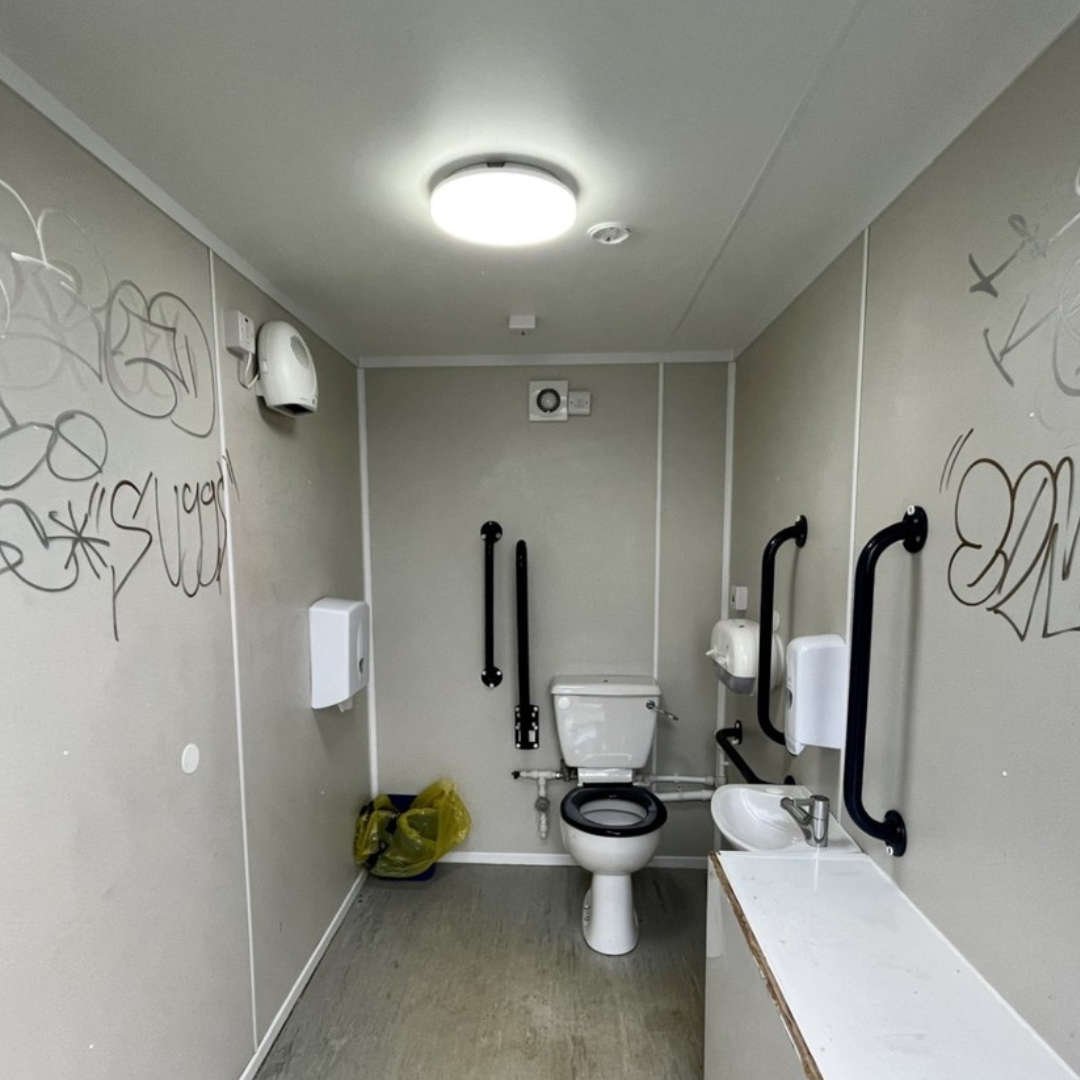 “Significant vandalism” forces closure of council toilets
“Significant vandalism” forces closure of council toilets
 Joe Way Paddle for Life to return to Newquay this summer
Joe Way Paddle for Life to return to Newquay this summer
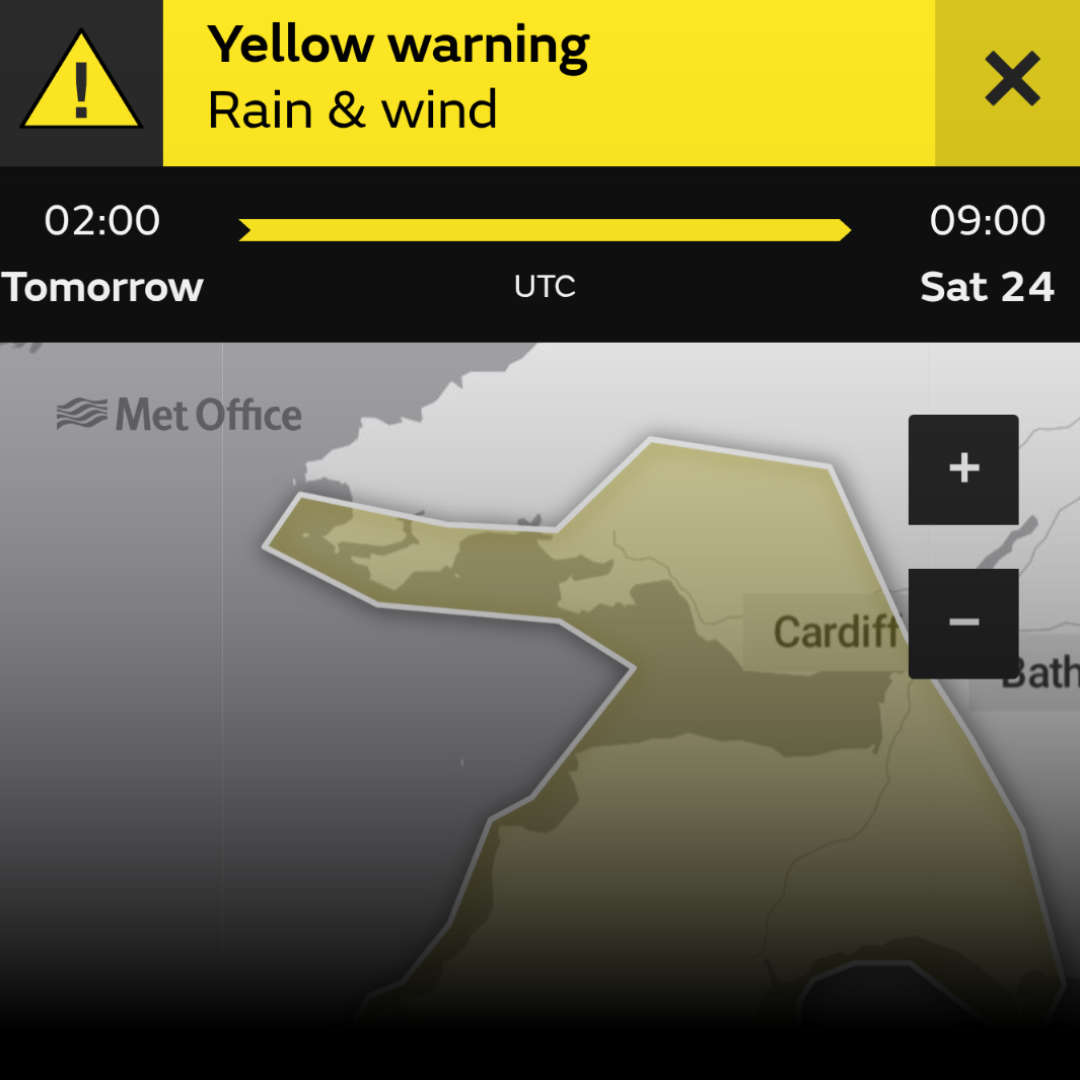 Yellow weather warning issued as Storm Ingrid approaches Cornwall
Yellow weather warning issued as Storm Ingrid approaches Cornwall





